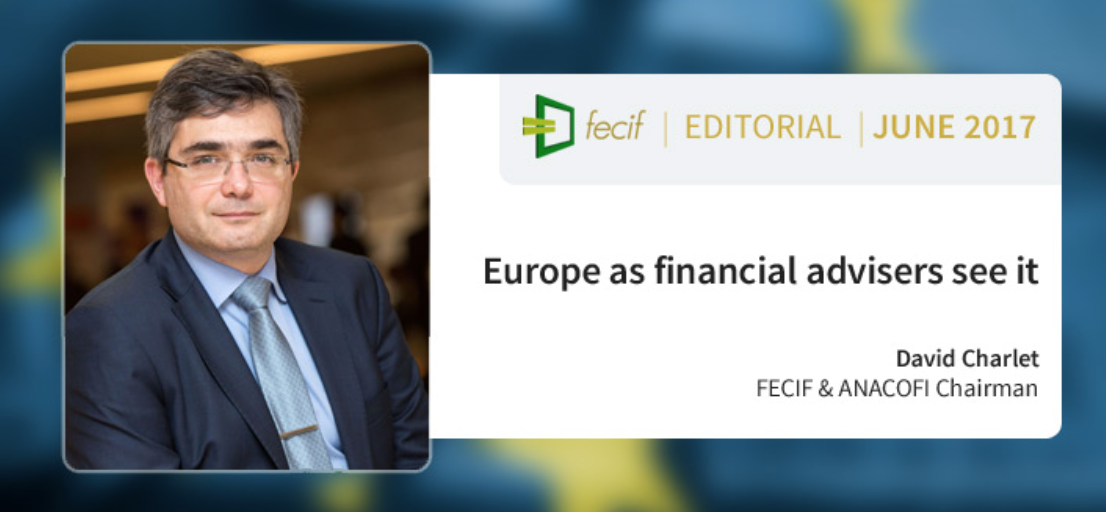
A long time ago, the European Union used to be a place for the production of coal and steel. Nowadays, it seems to be a global Union far more engaged than the US with our jobs and other matters. Consider: in the US no would find “passports” for advisors (no right to act in another State, just the one in which you obtained your licence if you are a broker or advisor). This is quite different to the European situation.
That fact is, in theory, fantastic, but where are the fundamental common rules and why are we faced with so many projects, documents and regulations?
In a normal world, when humans decide to create a unified place or project, they define which people will be in charge for decisions on constitutions, acts and law but not in the EU.
Few if any of the citizens are aware of this but if we call Europe a “country” of 27 individual countries with a Parliament and another chamber, the EU Council, we need to realise that neither of these can decide unless they are in agreement. Amusingly, ask a European citizen who is defining their laws and they will respond that the EC is the boss and decides what happens!
In a normal world when you decide a new law, you conclude it and wait before defining new legislation on the same topic …
Continue reading the full editorial here.

